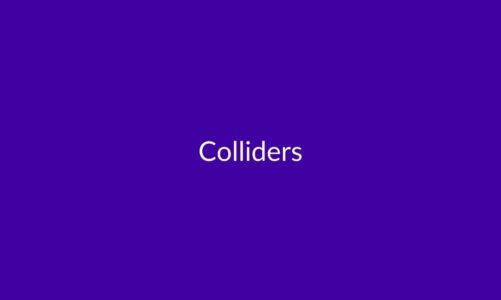A measurement, that’s easy. Plug, plug, plug, turn on, take a reading, done.
A good measurement, that isn’t.
So first, what do I mean with good measurement?
In practical sessions, I used to see students make the equivalent mistake to computing classes: thinking that to do well, you have to be seen doing. Whereas to do well, you have to understand what you’re trying to achieve first, and only then work out how you’re going to get there.
So really, a good measurement is a plan that takes you from A to B, from unknown to known. And the plan is the same whether we’re talking about a huge particle physics experiment, a quantum optics table full of laser beams, or a table-wide set-up in your 2nd year lab.
Asking questions and understanding is key. And if you’re doing it well, one of the questions that comes up fairly soon is: “How well can I measure this effect with the instrumentation I have at my disposal?”.
So here we are: a good measurement is a good understanding of its own meaning as well as its own limits. The second point is often crucial, and is why experimentalists emphasize their work on calibration. Calibration means all the measurements that you do, not with, but on your instruments in order to know exactly how well they perform.
Understanding the limits of ours results not only reinforce our credibility (and confidence!) against critics, it may very well make the difference between a measurement and a discovery.



